
Our Approach
Models of Excellence
But in reading great literature I become a thousand men and yet remain myself. Like the night sky in the Greek poem, I see with a myriad eyes, but it is still I who see. Here, as in worship, in love, in moral action, and in knowing, I transcend myself; and am never more myself than when I do.
—C.S. Lewis, An Experiment in Criticism
Our Story
Our Approach
The foundation of a proper education is a firm grounding in the right books. What books these are is not difficult to discover—they are the common heritage of western civilization and have shaped the the minds of men and women for centuries. However, in recent decades they have fallen into disuse as young people have been trained to do and not to think. But in our day, the lone voices in the wilderness crying for a return to the fountain of wisdom have now been joined by the most farsighted intellectuals of our time who realize that the ability to learn and the ability to think is the most precious and the most valuable gift we can give the rising generation. This is a gift far more precious than random facts without meaning and skills better suited to the assembly line than to a world in which change happens faster than one can track.
Our Story
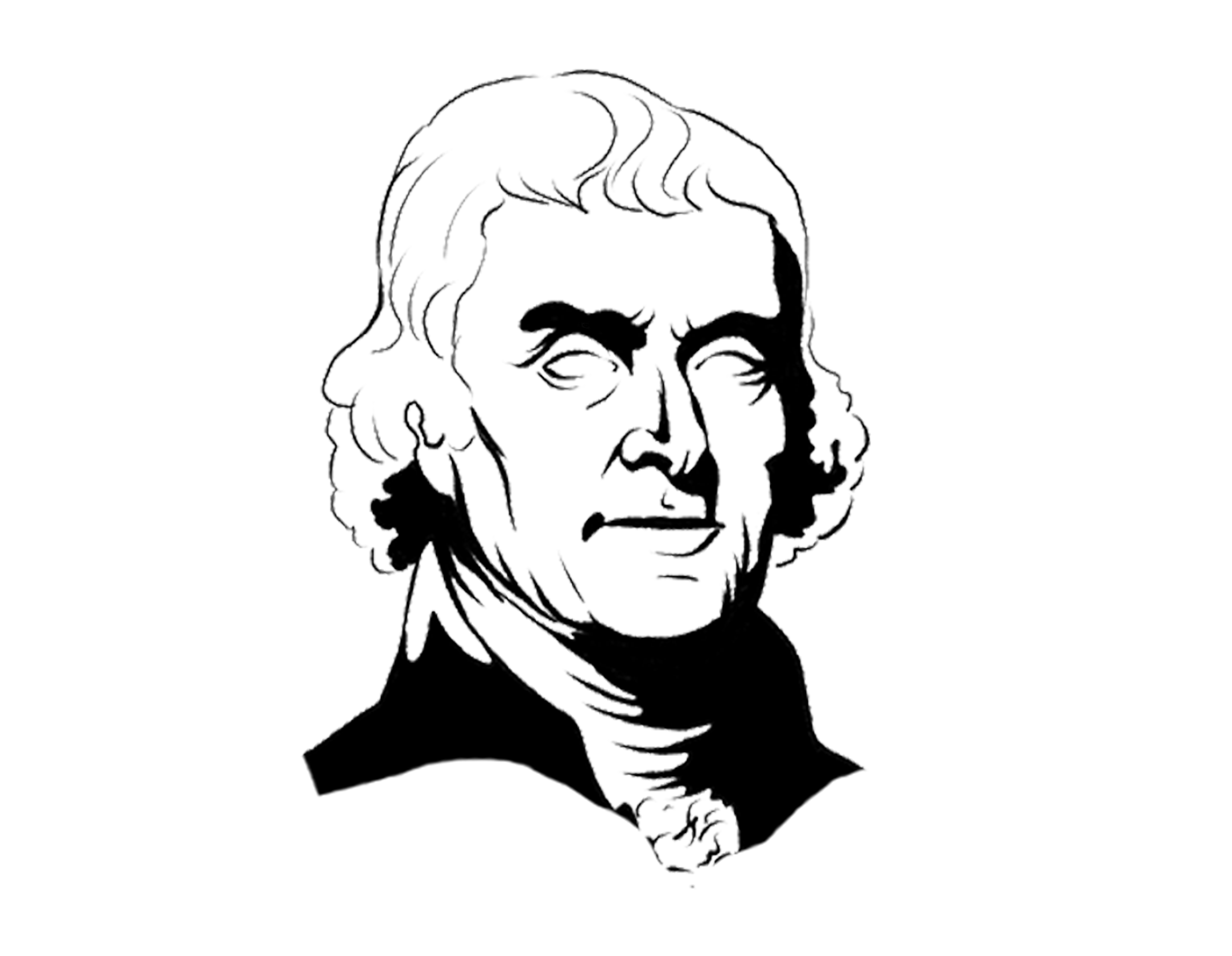
Our Approach
Greek and Roman Models of Excellence
I think the Greeks and Romans have left us the present models which exist of fine composition, whether we examine them as works of reason, or of style and fancy; and to them we probably owe these characteristics of modern composition. I know of no composition of any other ancient people which merits the least regard as a model for its matter or style.
—Thomas Jefferson to Joseph Priestley, 1800. ME 10:146
Our Story
The study of the classics of Greece and Rome is invaluable because it gives one the key to knowledge of western civilization. Without an understanding of these foundational works any attempt to enter into the dialogue of educated society is akin to entering the end of a conversation without hearing the beginning. There is, however much more than just the ability to fit into educated and cultured society, in fact, that is the least of the advantages: most importantly, a grounding in the classics forms the mind and teaches it to think.
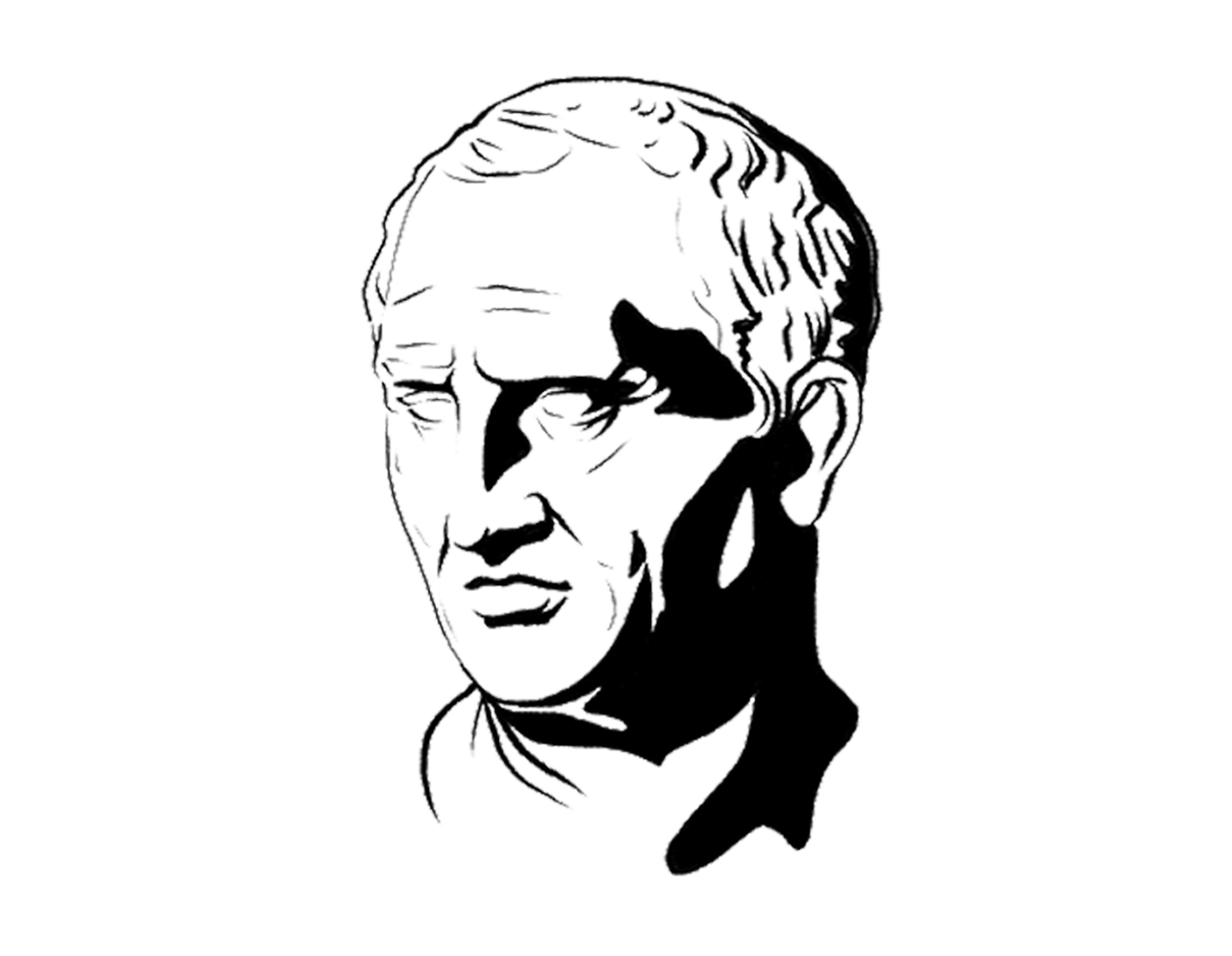
Our Approach
For books are more than books, they are the life, the very heart and core of ages past, the reason why men worked and died, the essence and quintessence of their lives.
―Marcus Tullius Cicero
Our Story
It is only the undisputed worth of these texts that has preserved them through the vicissitudes of the centuries. The wisdom of ages is distilled in them, without the sophistry and shallowness plaguing so much of modern culture. This is not to say that they are plain and simple, for they are not—humans of two thousand years ago were fully as intelligent as their modern counterparts and they had advantages we do not. Instead of technological development, they put their intellectual energy into language and thought, and so the great works of human wisdom are also monuments of artistic creation. By studying them, not only does a student gain insight into human nature, society and politics, ethical and righteous living, but he or she is shaped by the beauty and nobility of the language in which these thoughts are clothed.
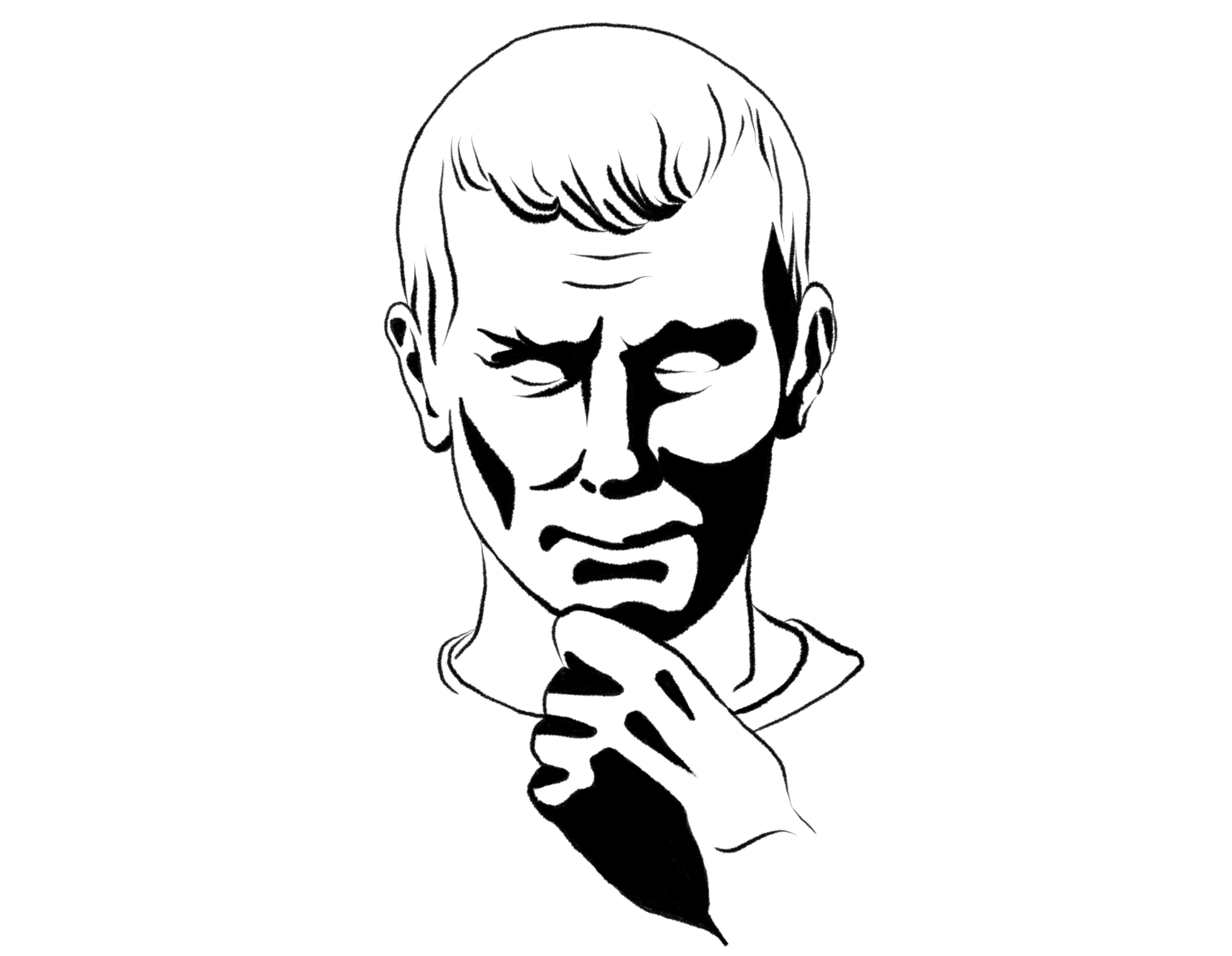
Our Approach
Everything that occurs in the world, in every epoch, has something that corresponds to it in ancient times.
― Niccolò Machiavelli, The Discourses
Our Story
Alfred North Whitehead wrote that one of the primary advantages of studying the classics (and the classics for those of his day were the Greek and Roman classics) was the ability to see a society in its entirety. In a time when it is extremely difficult for a young person to understand the world that they live in, it is vital to have the intellectual cohesion that comes from this overview of a society. Having made sense of a society represented in the manageable form of the written word they are now well positioned to understand their own world better.

Our Approach
Greek Models of Excellence
[Greece was] the first of civilized nations [which] presented examples of what man should be.
—Thomas Jefferson to A. Coray, 1823. ME 15:481
Our Story
The books that form the basis of the curriculum of Models of Excellence are not only the most valuable books, they are presented in the right order. In Greece we begin with Homer, not only because chronologically he comes first, but because he was the foundation of all ancient education. In those poems alone we see a picture of civilization in its fullness and we are able to enter into it and feel the ancient dust on our face, hear the pounding of hooves, and see the poppies in the field.
With Homer as a foundation, we are now able to study history, ethics, and rhetoric, which combines the ability to think clearly and reason well with the ability to express ones thoughts eloquently and persuasively. All of this is tied together, and it is only in this cohesion that intellectual coherence is achieved. By this we mean to say that through this curriculum facts lead to ideas, which become forms of thought, and eventually ways of thinking. The student gains these tools for thinking and they become habits that are refined over the course of each semester until he or she is able to grapple with the most difficult concepts, firm in the confidence of their ability to wrestle with them until they are fully understood.
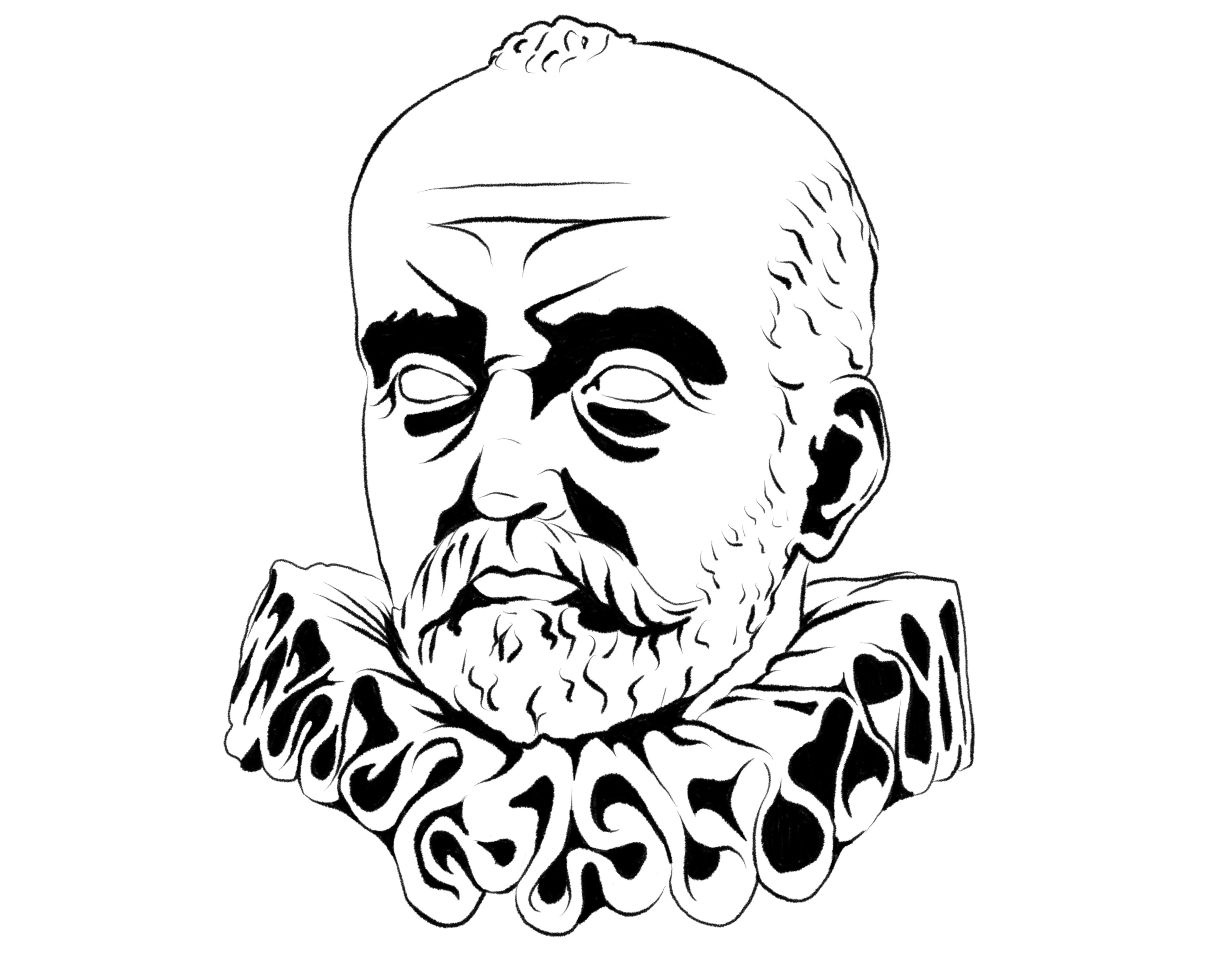
Our Approach
Roman Models of Excellence
Finding myself useless for this age, I throw myself back upon that other, and am so bewitched by it that the state of that ancient Rome, free, just, and flourishing (for I love neither her birth nor her old age), interests me passionately.
—Montaigne, Essays
Our Story
In the second semester, we read the literature of Rome beginning with the Aeneid, the great epic poem that tells of Rome’s founding and changes the nature of epic poetry to encompass ages past and present. Again, it is vital to start with a work that provides a framework and vision that the rest of the semester can build on. Rome produced works of political theory that are still relevant and influential today, as is its works on rhetoric and ethics. All of this is covered in our course, and all of it is drawn from the actual writings of the greatest Romans themselves, so that the freshness and vividness, the sparks struck in the heat of the moment, animate the texts, giving them a life that cannot exist in summaries or squalid textbooks.

Our Approach
Latin
It may be truly said that the classical languages are a solid basis for most, and an ornament to all the sciences.
—Thomas Jefferson to John Brazier, 1819. ME 15:211
Our Story
An extremely important branch of this program is the study of Latin. It begins in this first year and continues through the full four years. Learning a foreign language is always beneficial, but those benefits are multiplied many times when the language is Latin. Not only is a large percentage of our mother tongue derived from Latin (principally through French) but key political, legal, and medical terms have been brought over directly. But a familiarity with these terms can be learned from a pocket dictionary—the real benefits of studying Latin spring from the nature of the language itself. Understanding the logic of Latin shapes and refines the logical abilities of the students’ minds in a way that many other languages, particularly modern languages cannot do. Latin is a declined language, which means that not only do the verbs change form, but the nouns do also. The shape of the word tells you its function rather than its place in the sentence, which can and does change frequently. For this reason, one must understand what the word is doing from the clues the word gives, rather than just relying on a familiar pattern. Many English speakers falter as soon as they try to form a complex sentence because they don’t have the proper foundation for it, but a study of Latin provides the necessary basis to speak eloquently and coherently, and to think logically and rigorously.
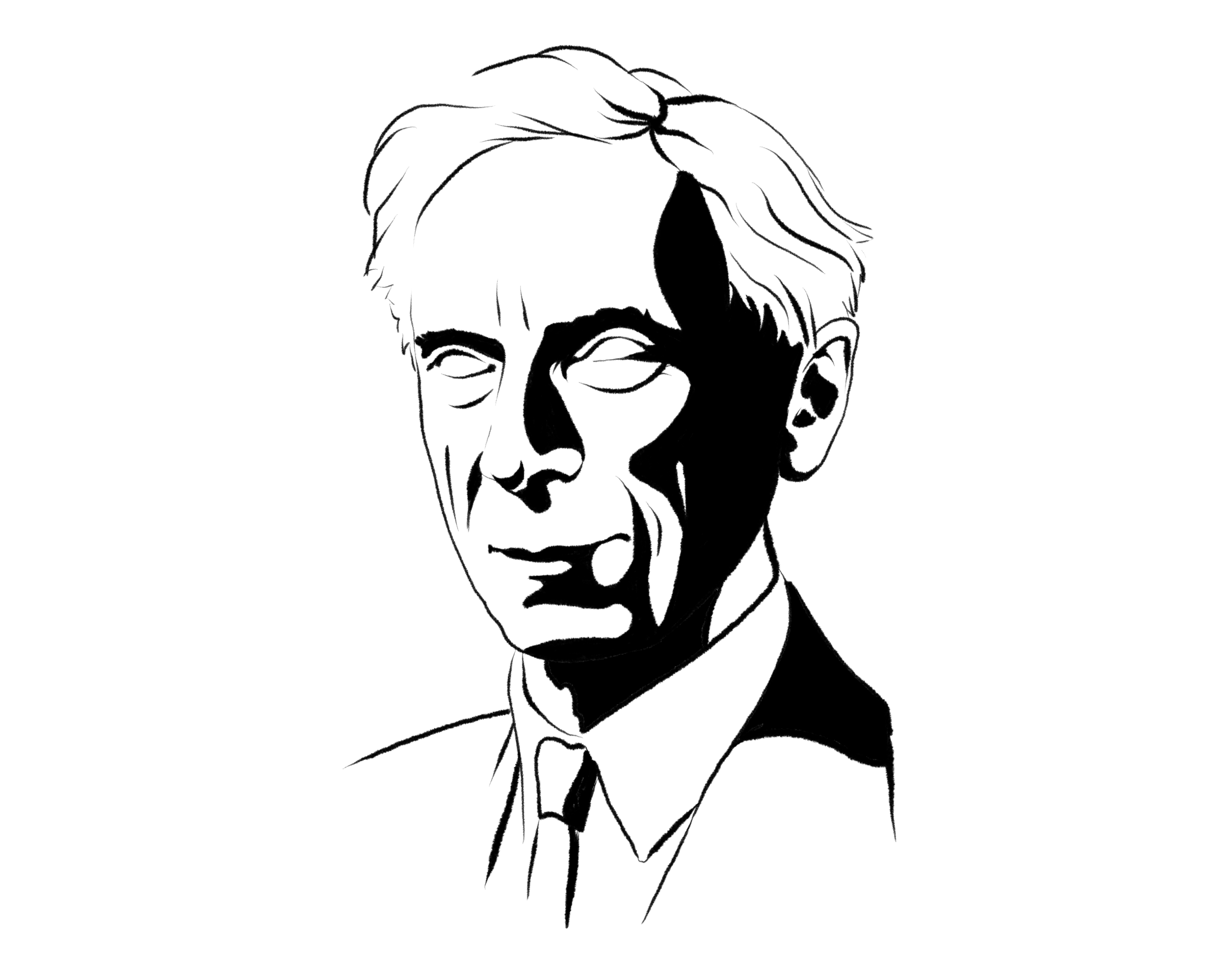
Our Approach
Medieval Models of Excellence
“Our use of phrase ‘The Dark Ages’ to cover the period from 699 to 1,000 marks our undue concentration on Western Europe. . . . From India to Spain, the brilliant civilization of Islam flourished. What was lost to Christendom at this time was not lost to civilization, but quite the contrary. . . . To us it seems that West-European civilization is civilization, but this is a narrow view.”
—Bertrand Russell, History of Western Philosophy
Our Story

Our Approach
Unfortunately, in most of our schools the history of Europe and North America is taught as if it were the history of the world. The rest of the world is referred to only when Europeans or Americans were invading or trading. There has recently been a small change for the better but not nearly enough.
—Louis L’Amour in The Education of a Wandering Man
Our Story
Having assimilated the great ideas of Greece and Rome, the students are prepared to to study the most important thinkers of the Middle Ages. They will be surprised to make the acquaintance not only of well-known thinkers of Europe such as Augustine, Aquinas, and Dante who took classical learning and through immense intellectual effort joined it to the Christian faith, but also Middle Eastern scholars who not only preserved the most important texts from the ancient world, but used them as the basis for remarkable developments in science and philosophy. Students will also gain a greater understanding of a culture that has, in some ways, abandoned in the modern age the ideas and principles that made it the one of the greatest civilizations in the world for centuries.
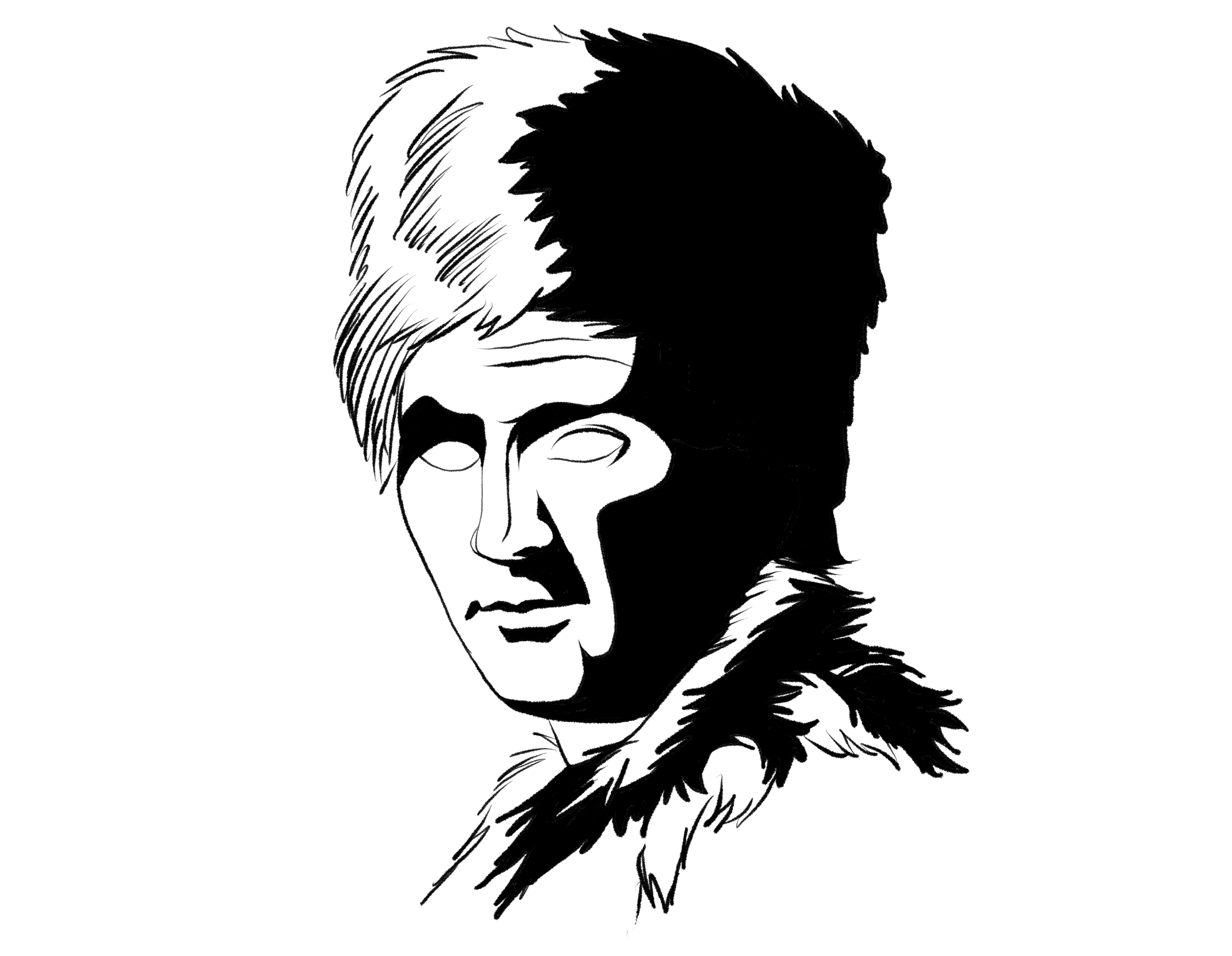
Our Approach
Renaissance Models of Excellence
A revolution was necessary to bring men back to common sense, and it finally came from a quarter where one would least expect it. It was the stupid Muslim, the eternal blight on learning, who brought about its rebirth among us. The collapse of the throne of Constantine carried into Italy the debris of ancient Greece.
― Jean-Jacques Rousseau, Discourse on the Arts and Science
Our Story
When the West rediscovers the knowledge that the Islamic East has preserved and developed, there is a rebirth of knowledge and art that we call the Renaissance. In the third year students will study in depth well known authors such as Montaigne and Shakespeare, and also lesser known (at least to them!) but very important thinkers such as Erasmus and Bruno.
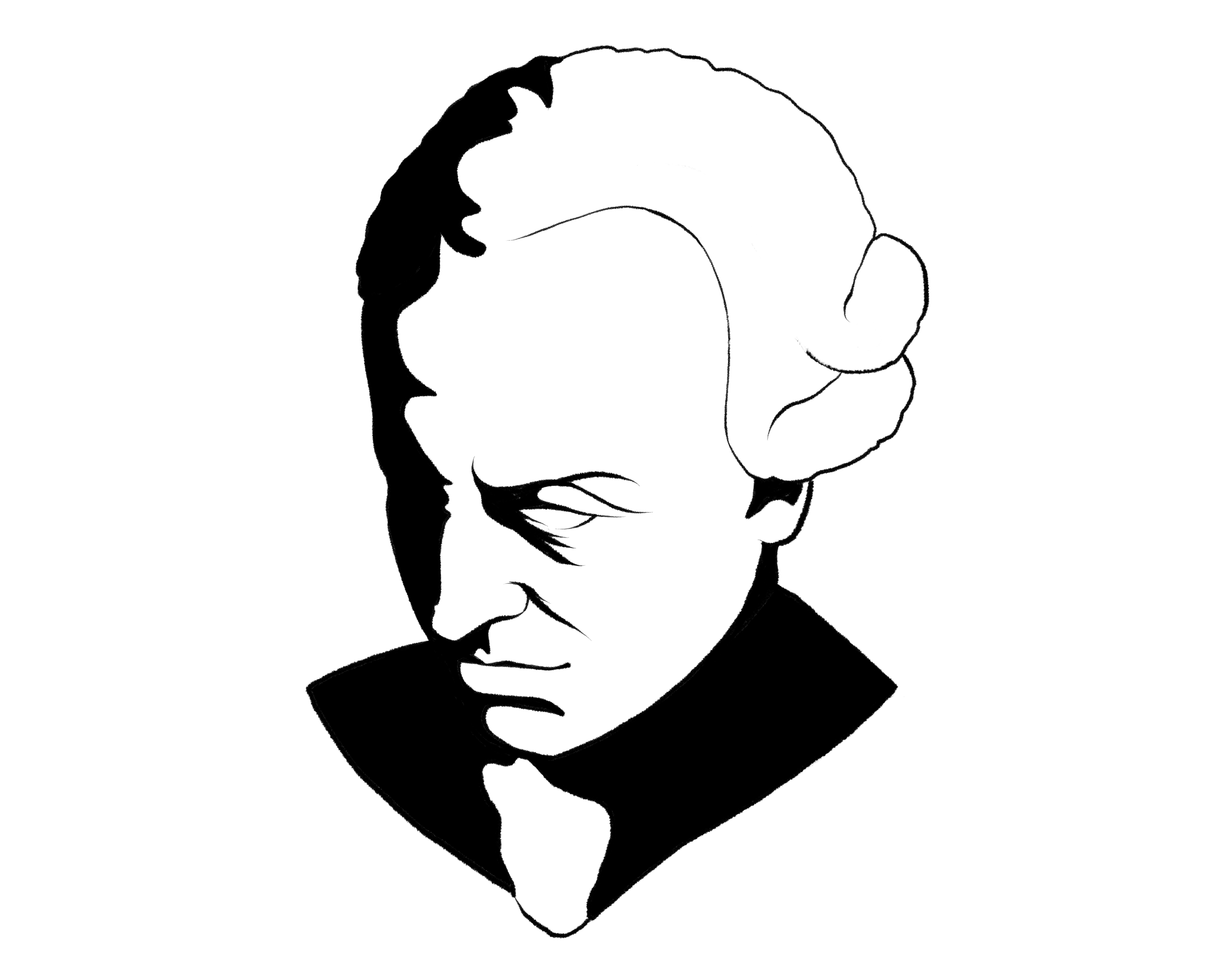
Our Approach
Englightenment Models of Excellence
Enlightenment is man's emergence from his self-imposed nonage. Nonage is the inability to use one's own understanding without another's guidance. This nonage is self-imposed if its cause lies not in lack of understanding but in indecision and lack of courage to use one's own mind without another's guidance. Dare to know! (Sapere aude.) "Have the courage to use your own understanding," is therefore the motto of the enlightenment.
—Immanuel Kant, “What Is Enlightenment?”
Our Story
The Enlightenment encompasses such familiar thinkers as Edmund Burke, Thomas Paine and Rousseau. They will also make the acquaintance of such delightful and scintillating thinkers as Samuel Johnson and Edward Gibbon. When the students take up essays from the Founding Fathers such as the Federalist and Anti-Federalist papers, they will be pleased that they able to easily follow and understand discussions that trace political concepts from Greece to the 18th Century.

Our Approach
Why Models of Excellence
I have found among my possessions none that I so much prize and esteem as a knowledge of the actions of great men, acquired in the course of a long experience of modern affairs and a continual study of antiquity.
—Niccolò Machiavelli, The Prince
Our Story
At every point throughout each year the students will recognize the connections between the ancient world and everything they have studied, so instead of just learning names and dates and hanging facts on them, they will have a cohesive view of western civilization and the ideas that form it. These ideas in turn will form them like they have all the great minds who have studied them before. The students are not just passive absorbers of this knowledge, instead they enter into the conversation and take sides and learn how to appraise an argument and make one themselves. (We use “argument” in the technical sense of a logical and persuasive case made on a certain theme.)
At the end of four years, the students will be familiar with the greatest books ever written, they will have conversed with the greatest minds of the western world, and they will be able to continue the conversation that has shaped the world we live in. They will have a mind that is not filled will a conglomeration of facts divorced of meaning and soon to be forgotten, but a mind that has been formed and honed by constant contact with the greatest philosophers, moralists, and poets that the western world has produced. A mind that has been shaped by the ideas that have fostered freedom and fed progress—ideas that have been discussed, preserved, and refined through centuries.
The student will have facts, yes, but they will be part of a framework that shows them in their true context—a framework that illustrates the relationship of action and consequence, that shows the inexorable logic of human action and that enables them to turn their knowledge of the past into wisdom to guide their future.
Register Now!
Now registering for Year 1: Greece and Rome, Semester 1: Greece